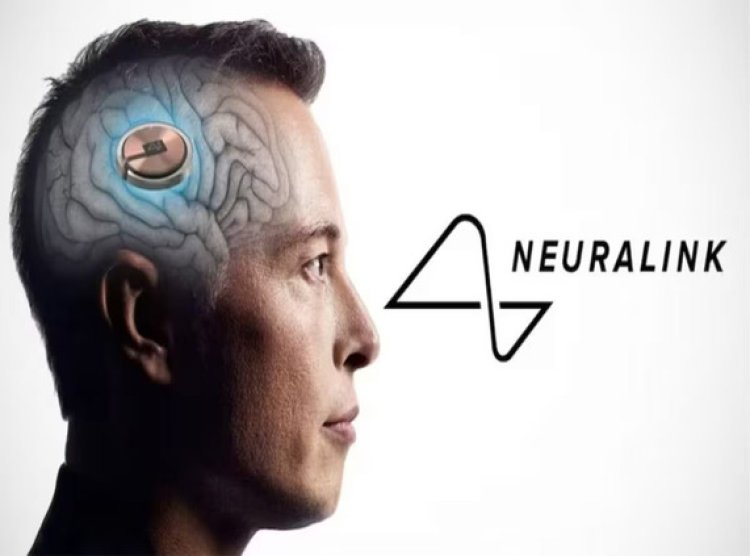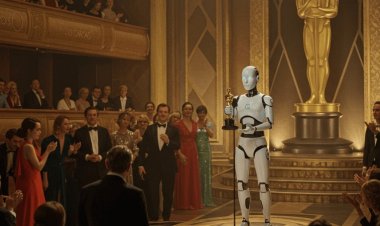Neuralink Achieves Success with Second Human Implant in New Trial
Neuralink’s second human implant surgery shows promising results, advancing brain-computer interface technology and restoring digital independence for patients with severe movement limitations

Elon Musk's Neuralink has successfully completed its second human implant surgery, marking a significant advancement in brain-computer interface technology. The surgery, performed on Alex, a former automotive technician who suffered a spinal cord injury, has shown encouraging outcomes. Alex is now able to create 3D designs and engage in video gaming, including playing titles like Counter-Strike 2.
This operation builds on lessons learned from Neuralink's first human trial, where patient Noland Arbaugh faced challenges due to electrode threads retracting from his brain. To prevent such issues, Neuralink introduced several improvements in the latest procedure, including minimizing brain movement during surgery and reducing the gap between the implant and the brain's surface.
Neuralink's brain interface device, Link, currently enables patients to control on-screen cursors and digital devices with simple commands. The company is already working on future upgrades that could allow the device to interpret multiple simultaneous movement intentions and recognize handwriting, potentially enabling more efficient communication for patients.
These technological advancements aim to restore digital independence to individuals with severe movement limitations and give a voice back to those who are unable to speak due to neurological disorders. While Link is currently designed for patients with significant impairments, Musk envisions a future where such implants could enhance cognitive abilities in healthy individuals.
Following surgery at the Barrow Neurological Institute in Phoenix, Alex was discharged within a day and has since successfully used computer-aided design software to create a custom mount for his Neuralink charger. This achievement highlights the transformative potential of Neuralink's technology.
As Neuralink continues its Prime study, an investigational medical device trial, Musk has expressed optimism about implanting several more patients by the end of the year.

 Sumit Rawat
Sumit Rawat 










